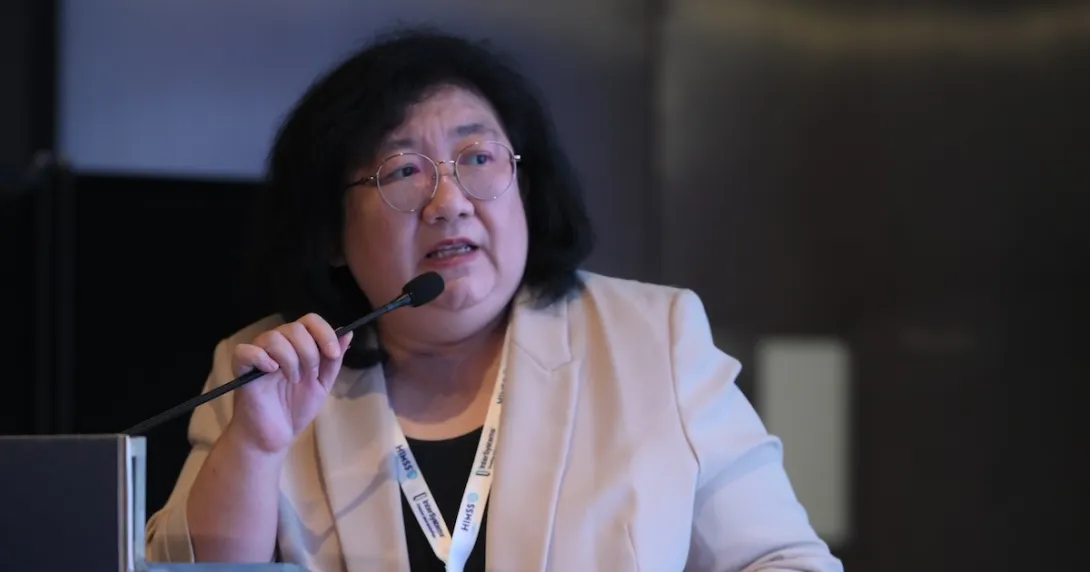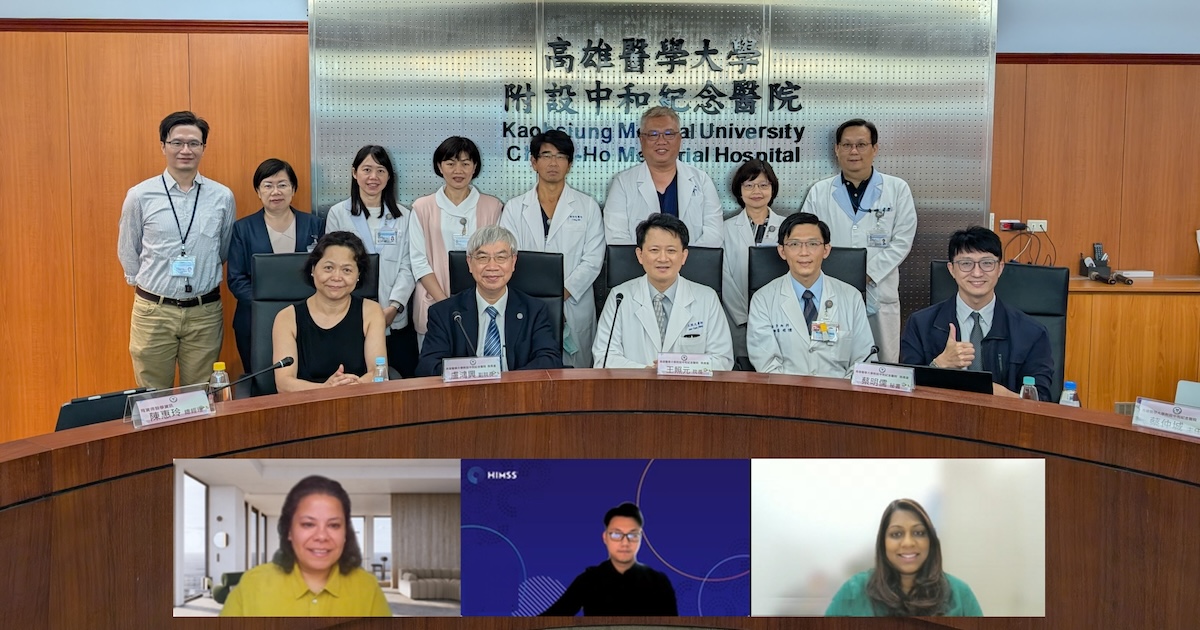
The integration of a mobile platform with an EMR system was the key to raising patient satisfaction at Semarang Medical Center (SMC) Telogorejo Hospital in Central Java, Indonesia.
At HIMSS25 APAC, Glenda Angeli, COO of Telogorejo Foundation, presented the hospital's digital transformation journey and how they simplified patients' access to their services.
The hospital, run by Telogorejo Foundation, first introduced its mobile patient app, mySMC, in 2017. The establishment of its EMR system came two years later.
The development of mySMC is part of the hospital's strategic approach to increase patient engagement. The app allows users to manage appointments, access health records, and receive real-time notifications, as well as transact and pay via a payment gateway.
"[We aimed] to develop the mySMC application to enhance online accessibility and cultivate customer engagement by providing patients with a swift and effortless means of accessing hospital services," said Angeli.
Since integrating the app with the EMR system, it has helped reduce consultation wait times from 4.64 hours to 1.56 hours and improve its average Net Promoter Score to 90.45%.
SMC Telogorejo also observed increased digital engagements through its various patient-facing portals: mySMC by 22 times, Digital Corner (its onsite digital touchpoint) by 20 times, and the hospital website by 37 times.
HIMSS recognised the mySMC app as a "best practice" in simplifying the patient journey during its validation of SMC Telogorejo at Stage 6 of the HIMSS Electronic Medical Record Adoption Model (EMRAM) in April.
"H IMSS gave us a clear roadmap aligned with [international] standards to accelerate digital maturity. The use of the EMRAM framework provided structure for targeted improvement," Angeli said.
"The most important [thing] is that technology must adapt to clinical reality, not the other way around," she emphasised.
The hospital now plans to roll out a teleconsultation capability and a chatbot assistant in the mySMC app, alongside preparations for a Stage 7 EMRAM validation and expanding interoperability across its network.
